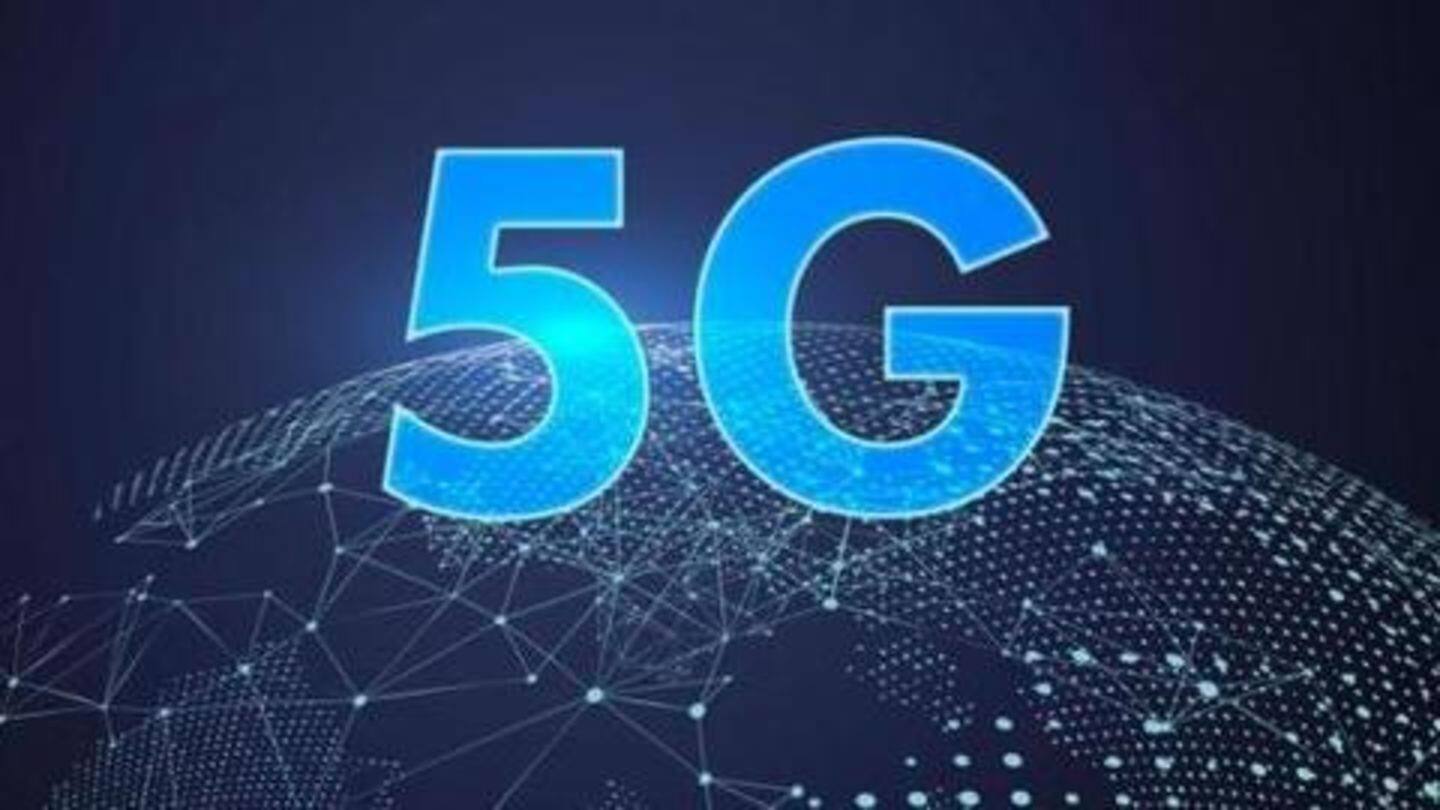
What is 5G and how it will change your life
What's the story
We are pretty sure you've already heard something or the other about 5G, which is the next generation of mobile communication. It promises faster and more stable connectivity and is currently in the process of being laid out in all major countries, including India. But, the bigger question is, what difference will it make in your life. Let's find out.
5G meaning
So, what is 5G exactly?
Just like 2G, 3G, and 4G, the fifth generation or 5G standard would be a wireless connection technology, one designed specifically to provide the bandwidth required to meet increasing user needs. It will build on the foundation of 4G and increase the speed at which data is transferred across the network by 10 to 20 times. So, simply put, you'll experience incredibly fast internet.
Speed details
How fast a 5G connection would really be
Currently, a decently strong 4G LTE connection delivers 20-30Mbps of download and upload speeds. If everything goes as planned, this could at least be increased to a whopping 300-1,500Mbps. So, this means that everything on the internet will load instantly and the HD movie you download in half an hour or so will be available for playing in just a matter of seconds.
Added benefits
What else 5G speeds could let you do
Along with instant movie downloads and seamless surfing on phones and PCs, 5G connectivity could let you do a lot more. In fact, even if you get half of the promised 10Gbps (10,000Mbps), 5G would be able to power instant uploads of UltraHD and 3D videos. Plus, you'd have the capacity to run several connected devices, including cars, wearables, security cameras, door-locks, and more.
Information
Typical 5G cell tower would handle 100 times more devices
According to a Guardian report citing Huawei's Paul Scanlan, a 5G tower would have the capacity to handle 100 times more devices than one for 4G. This not just means you'll be able to connect more devices but also indicates you'll lose signals less often.
Coverage and latency
Plus, you'll get enhanced coverage and reduced latency
Among other benefits, 5G will also bring enhanced coverage and reduced latency for users. Yes, the former will depend on what telcos will decide, but theoretically speaking, 5G base stations will be much smaller, which would make them feasible for most locations. Plus, the latency, which is the speed at which a single bit of data transmits/reception, would go down to just 1ms.
Information
This would enhance online gaming, VR experiences
With reduced latency, 5G connections would take online gaming and VR experiences to a whole new level. Plus, you may even able to control robots and other heavy machines remotely, which would save workers from the trouble from operating in hazardous zones.
5G availability
When 5G will come to India?
While smartphone-makers have already started unveiling 5G phones, Indian regulator TRAI and telcos are still in the process of bringing the next-gen network to life. They plan to make 5G available in 2020, following spectrum auction, equipment testing, and ecosystem development by the end of this year. Reports have suggested that Reliance Jio will even launch its own phones to support the 5G wave.